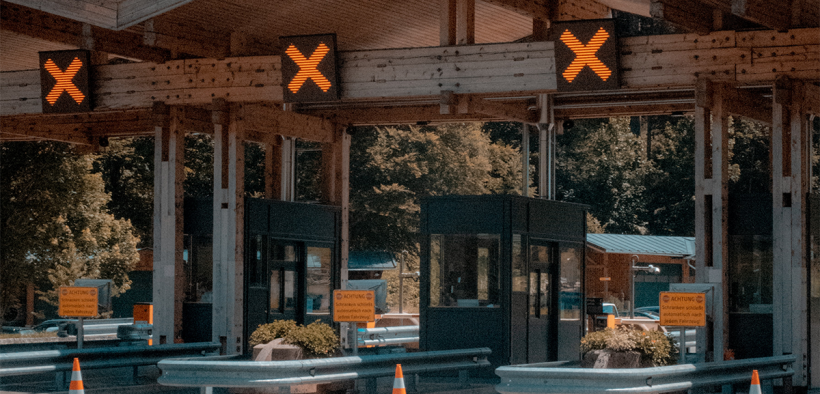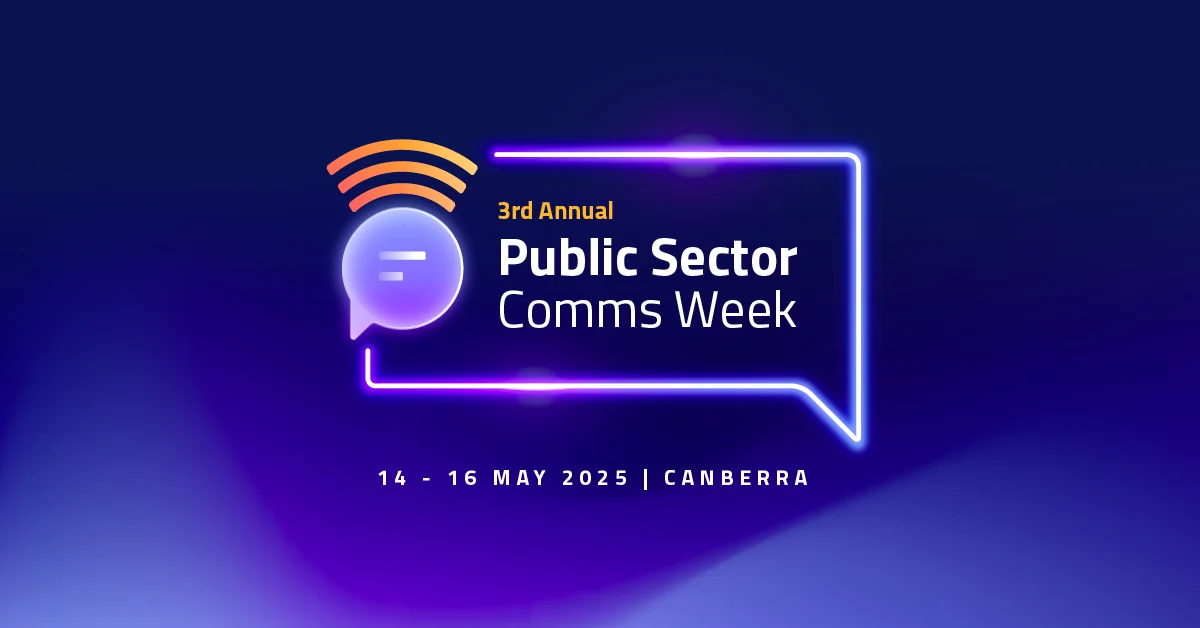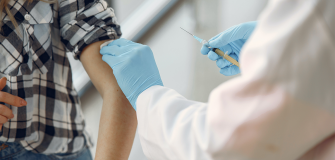WA reinstates hard border closure with Queensland
Share

Western Australia is reintroducing a hard border closure with Queensland, transitioning the State from ‘low risk’ to a ‘medium risk’ due to the escalating COVID-19 situation.
Following the latest advice from the WA Chief Health Officer and the lockdown in parts of Queensland, WA’s controlled interstate border will be upgraded from 3 pm today.
“We’re reintroducing a hard border with Queensland based on the latest health advice,” Premier Mark McGowan said. “We’ve been monitoring the situation closely and taken necessary action to keep WA safe.”
Travel from Queensland will no longer be permitted unless you are an exempt traveller.
The travel ban also applies to anyone who may have been in Queensland since June 20, 2021, and has not subsequently been in a ‘very low risk’ State or Territory for 14 days.
The exemption list is limited to:
- certain senior Government officials;
- certain active military personnel;
- a member of the Commonwealth Parliament;
- a person carrying out functions under a law of the Commonwealth;
- a person responsible for transport freight or logistics; and
- anyone who is given approval by State Emergency Coordinator or an authorised officer.
The final category includes compassionate reasons – including those Western Australians that may have travelled to Queensland recently and need to return to WA.
Exempt travellers arriving in WA after 3 pm Tuesday, June 29, 2021 must do the following:
- self-quarantine in a suitable premise for 14 days;
- present for an initial COVID-19 test within 48 hours;
- present for a COVID-19 test if any symptoms develop during quarantine; and
- present for a COVID-19 test on day 11 after arrival in WA (if still in WA).
Anyone who has recently arrived from Queensland prior to the hard border should continue to comply with their existing Directions, under the low-risk settings provided to them upon entry to the State.
Recent arrivals into Western Australia are asked to continue to monitor the Queensland Health website for updated exposure locations.
Anyone who is unwell or experiencing symptoms should get tested for COVID-19 and self-quarantine until they return a negative test result.
“Our experience is border controls work and this will help stem the flow of unnecessary travel while our health teams are doing vital work in contact tracing and getting on top of our evolving situation in WA,” Premier McGowan said.
“Yesterday we had about the same amount of test results as Queensland and we are at half their population. We need to keep testing rates up.”
The WA Government advises people to familiarise themselves with the latest exposure sites, as contact tracing continues to uncover more areas where COVID-19 has spread.
Self-quarantine is not necessary for anyone who has come into contact with someone who recently arrived from Queensland. Likewise, COVID-19 testing is only required if symptoms develop.
Under the controlled interstate border, New South Wales and Queensland are listed as ‘medium risk’ jurisdictions; Victoria, the Northern Territory and Australian Capital Territory are listed as ‘low risk’ jurisdictions; and South Australia and Tasmania are listed as ‘very low risk’ jurisdictions.
The Chief Health Officer will continue to monitor the situation in each State and Territory and provide regularly updated advice on Western Australia’s border controls.
“Right now, it’s so vital we continue to practise the basics of good hygiene, personal distancing and, if you are feeling unwell, get tested and stay at home,” WA Health Minister Roger Cook said.
Minister Cook advises people to continue using SafeWA to check or complete contact registers if they have to leave home for essential reasons.
“I acknowledge these new border arrangements will cause inconvenience but we need to do everything necessary to protect the health of Western Australians,” Premier McGowan said.
“Thank you to everyone for their understanding and co-operation.”
Eliza is a content producer and editor at Public Spectrum. She is an experienced writer on topics related to the government and to the public, as well as stories that uplift and improve the community.


















